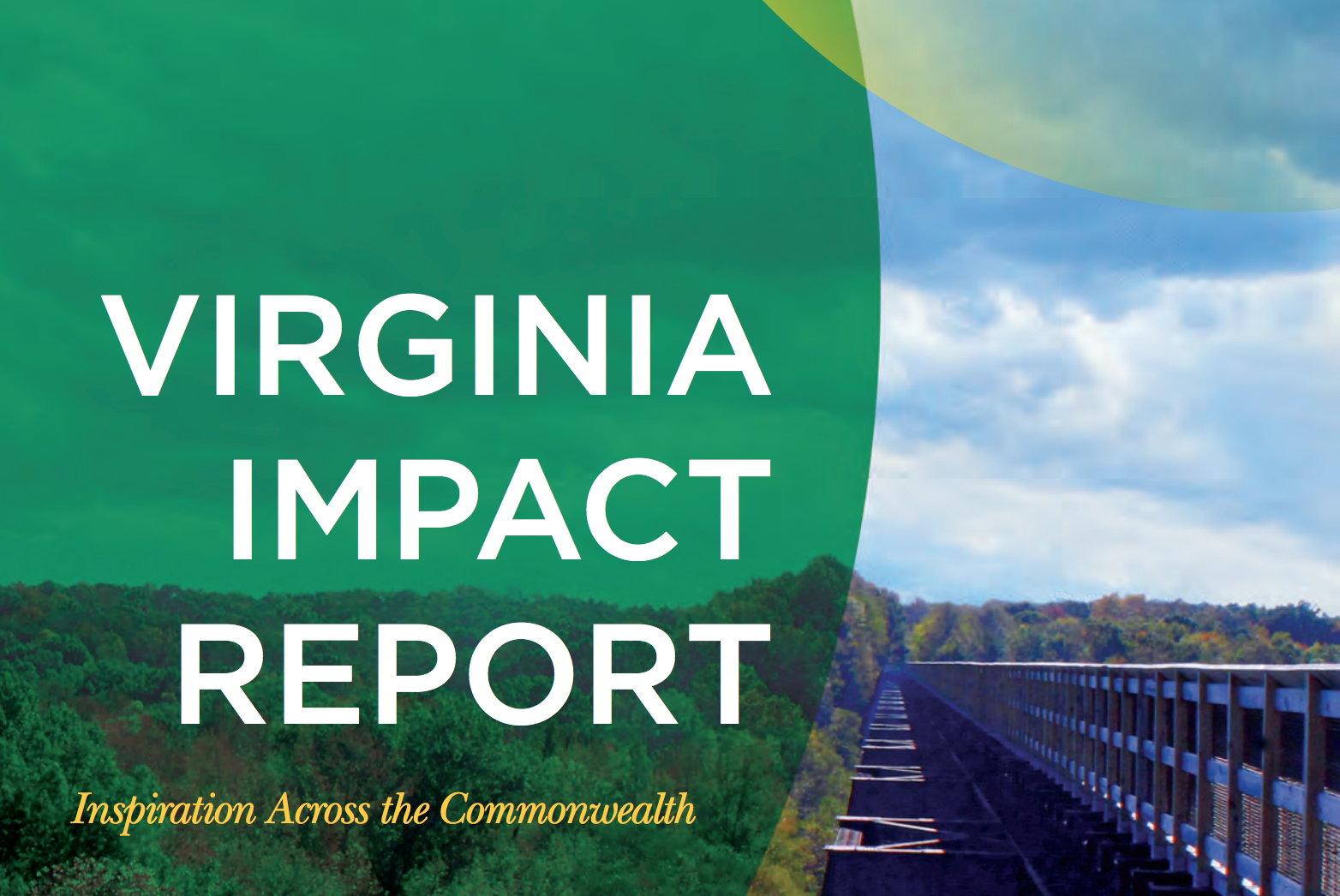The world’s public equity markets are the largest and most free- owing pool of capital with over $80 Trillion of value in the hands of pensions, endowments, foundations, and individuals. The ows in the public equity markets bring essential funding for emerging businesses, reward winners, and hasten the decline of sunset companies and industries.
Large investment institutions (e.g., Fidelity, BlackRock) have been tasked with stewarding assets for or on behalf of individuals and entities around the world. The professional managers of these large pools of money are almost universally rewarded on one simple measure – did they “beat the market” this quarter and/or this year? They typically do not consider the impacts their investment decisions might have on society and our environment because they have not been asked to make such considerations. This unidimensional and short- term perspective is a primary contributor to the capital markets’ systematic failure to account for the impact our economy has on the environment and humanity.
Fortunately, there is a growing, though still small, number of investment firms that are working to truly innovate the analysis and decision-making process used by professional investment managers to incorporate environmental and societal factors. This work is being greatly assisted by the excellent work of non-pro ts like the Sustainability Accounting Standards Board, CDP (formerly the Carbon Disclosure Project), and the UN’s Principles for Responsible Investing. Increasingly leading academics are building a body of work that shows the bene t of integrating Environmental, Social, and Governance (ESG) factors into the investment process. Yet, it is estimated that only about $600 Billion of the $80 Trillion properly assesses potential impacts of a business on society or the environment before investing in that company.
Read full story at Virginia Impact Report »
